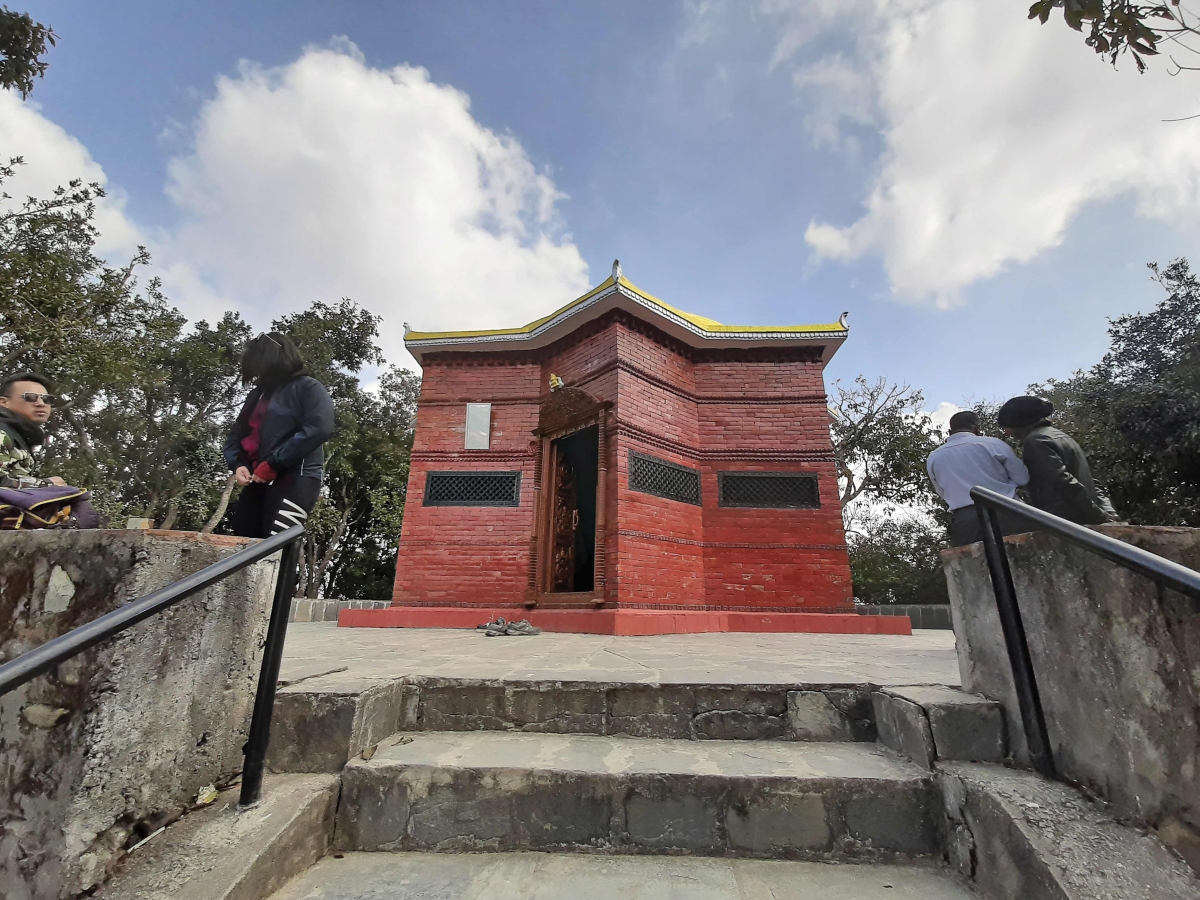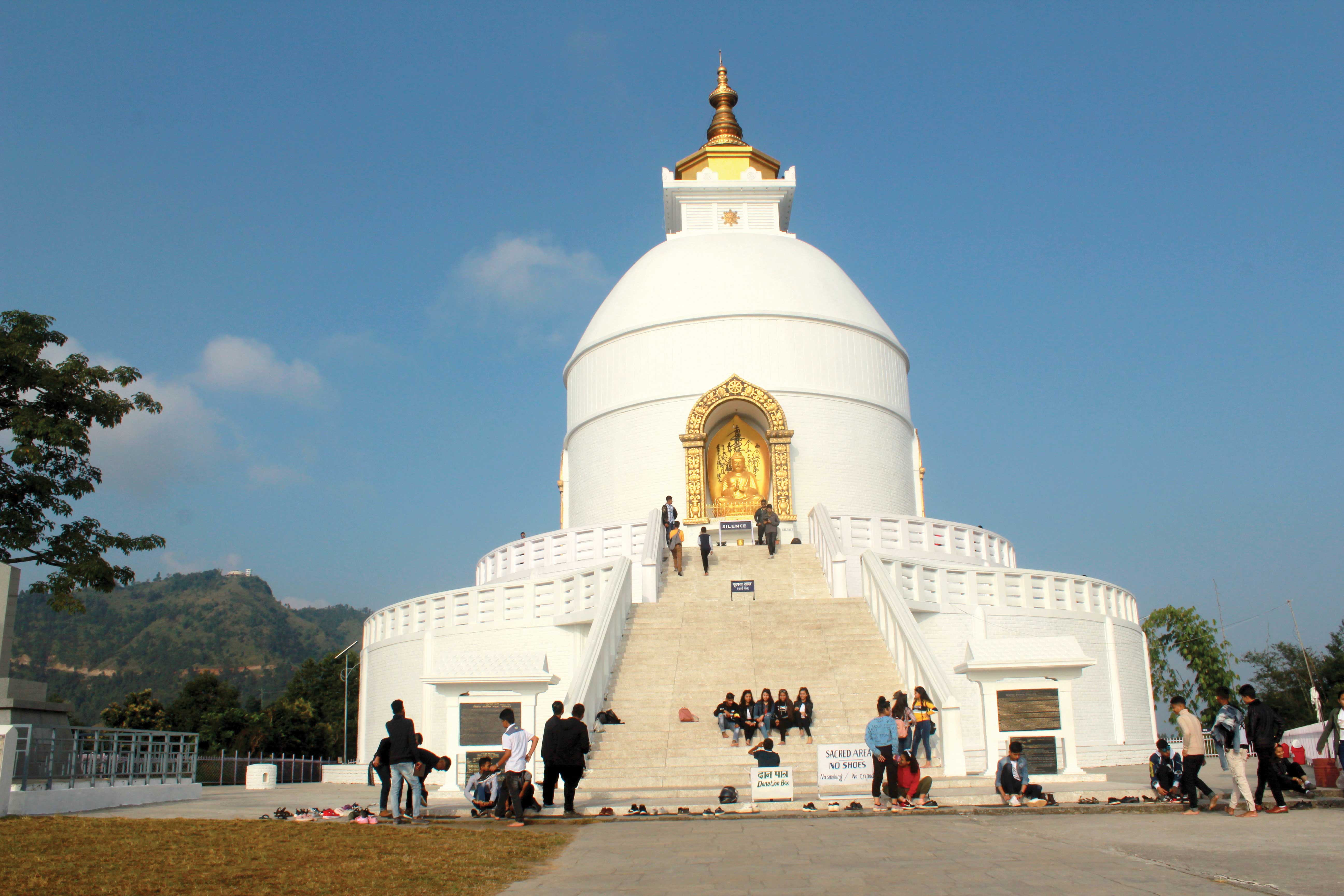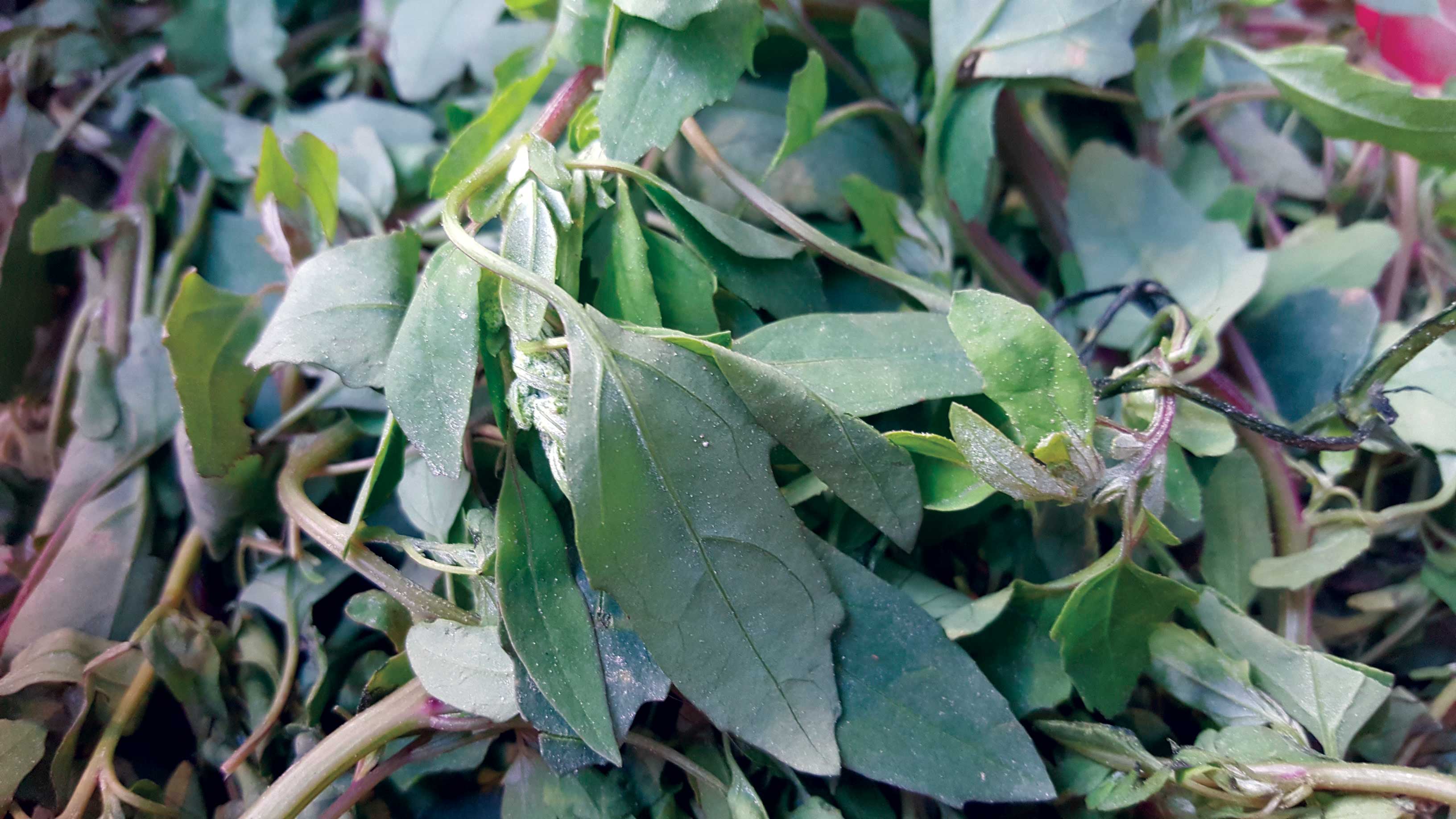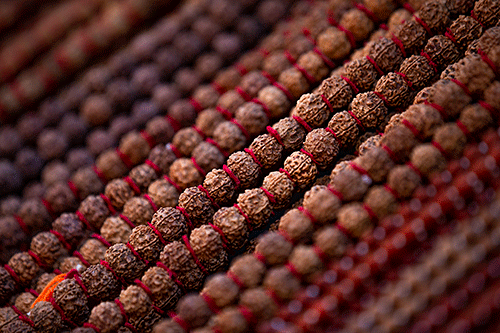It is traditional wisdom that in order to have plenty of water for the whole year, we have to ensure that the monsoon rains are stored for as long as possible before exiting the valley at Chobhar. Today our ‘educated’ planners and politicians have designed human settlements making sure that whatever rain falls in the valley leaves as quickly as possible. Scientists globally believe that ocean rise and desertification are partly due to the speedy draining of land insufficient to recharge the ground.
In the valley, the names of many neighborhoods, localities and streets are known as pokhari in Nepali or pukhu in Newari, meaning pond. Many such ponds, however, are long gone. Naga Pokhari in Kathmandu, Pimbaha Pukhu in Patan and Siddha Pokhari in Bhaktapur are two existing water tanks well cared for and preserved. Half of Kamal Pokhari today is a street, parking areas, police station and the Russian Cultural Center. The Rani Pokhari is well preserved, though the water level and quality seems to decline each year, as indicated by dead fish. Kanya Mandir School has been built on the Ekha Pukhu; while Hotel Soaltee sits on Dhonkha Pukhu, where I remember wild ducks as a child.
Near New Road in downtown Kathmandu, there is a street named Khicha Pokhari (khicha means dog, but ask a Newari speaker what khi chayagu pukhu mean). There is, however, no trace of the pond or water. Nearby is the Pako Pokhaldyang Street (pukhu dyan means the ledge of a water pond). Again there is no trace of the water. Similarly, the Patan Municipality building also stands on half of a pond. Many wells and stone water spouts are known to have dried up when these ponds were built over.
There is a popular tale about a king who wanted to have a milk pond (dhuda pokhari) constructed in the heart of Kathmandu. The people were ordered to contribute a bucket of milk. One farmer was not happy wasting valuable milk to meet the meaningless desire of the king, so early in the morning when it was still dark, he poured a bucket of water into the pond. “What difference will one bucket of water make in a pond full of milk?” he assured himself. Later, when the king came to inspect his milk pond, he found it full of water and not a single drop of milk. Obviously, everyone came up with the same strategy that night. Today, as we speak of a ‘New Nepal’, be sure you are not asking people to put water in their buckets for ‘your’ milk pond.
In Bhaktapur we have Siddha Pukhu, Kamal Binayak Pukhu, Bhaju Pukhu, and Naa Pukhu. At Lagankhel we have the remains of the Nhu Pukhu that once surrounded the Ashoka stupa. East Patan has Guita Pukhu. Kirtipur has the De Pukhu. Many wetlands and water bodies in the valley have been covered over and made into government offices, police stations and army barracks. At Chhauni (meaning ‘parade ground’ in Urdu) we see the remains of a series of lotus ponds. Less than two decades ago they would overflow and ultimately irrigate all the land down to the Bishnumati River. Today small lotus ponds still exist between the road and the barracks, but they are dry for most of the year.
At Janakpur, in the Terai, at the heart of the Mithila heritage and home of King Janak and daughter Sita, there are literally dozens of ponds (sagars). Some are in good shape and are cleaned each year for the Chaat festival. During the rest of the year, they are sadly quite polluted. Similarly here in Kathmandu, we have the famous Gahana Pokhari at Hadi Gaon. The pond has been paved and fenced and only comes to life for the annual festival. The small pond at Pulchowk is used to soften the rattan (reeds) used to construct the chariot of Karunamaya each year.
There is a more modern tale of how people make money with ‘pond’ projects. It is said a village got a project to dig up a pond for fishing to increase income and protein intake. The money was sanctioned but the pond was never dug. The same village then wrote another proposal to eradicate mosquitoes by filling up all ponds and still water bodies in their village. Money was sanctioned again but there was no pond to fill up. Clever corruption.
Why is Amrit Ratna Shakya Taking Machhendranath to Dubai?
Nepal is a country endowed with a rich cultural heritage and this is a fact known to all...










